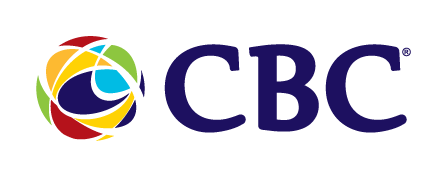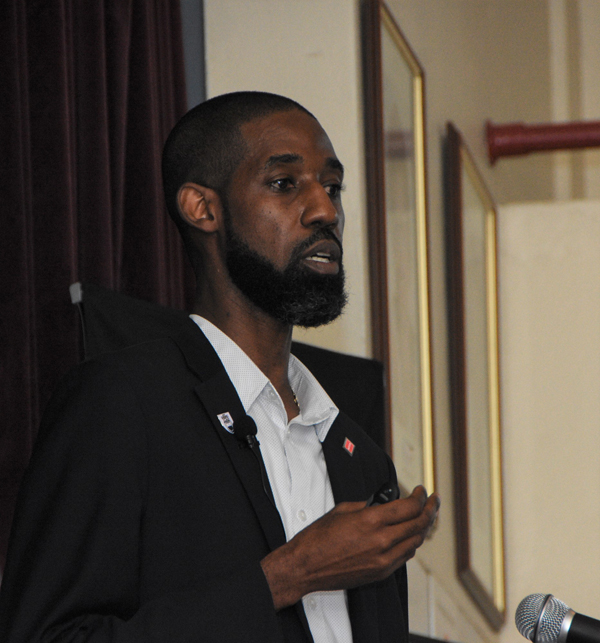
The anticipated National Financial Literacy Bureau is now a reality.
Government has kept its promise to empower Barbadians with the knowledge and skills that enable informed and effective money management.
This brainchild of the Hon. Prime Minister of Barbados, Mia Amor Mottley, will be led by the Ministry of Energy, Small Business and Entrepreneurship with three core objectives: improving money management skills; building a strong foundation for financial decisions; and creating wealth that is intergenerational.
During the official launch at Queen’s College on Sunday evening, Advisor in the Ministry David Simpson explained, “This is managing your income; managing investment and savings; this is planning for career goals and understanding the financial impact and implication of those and being able to do better than living from pay check to pay check, as many people would have expressed.”
“…Many of the decisions for households and businesses have some financial implication or impact. And the Bureau wants to ensure that those decisions are founded on strong financial management and understanding,” he stressed.
“The objectives are underpinned by giving persons; our citizens, the skills they need to navigate life and activities and their goals – understanding the financial impact and how they can plan and manage it better.”
The Financial Literacy Bureau will target households and community groups; businesses – start-ups, MSMEs, and large enterprises; as well as schools from the primary to tertiary level.
“We will be targeting students because they are the generation of tomorrow, and if we can instil in them now good financial management well then we believe that will augur well for businesses in the future and household and families in 5, 10, 15, 20 years,” he pointed out.
Training Clinics will be carried out across the island at “satellite locations”, which may be schools, community or resource centres, and online.
Simpson therefore announced that clinics will commence on November 3rd, 2020 on Tuesday’s and Thursday’s. This first phase of training will last six weeks, targeting businesses, households and community groups – and the areas of focus will be the overall introduction to financial literacy; setting financial goals and budgeting for family life; managing and living on employment benefits; and costing and pricing for businesses. (TL)








